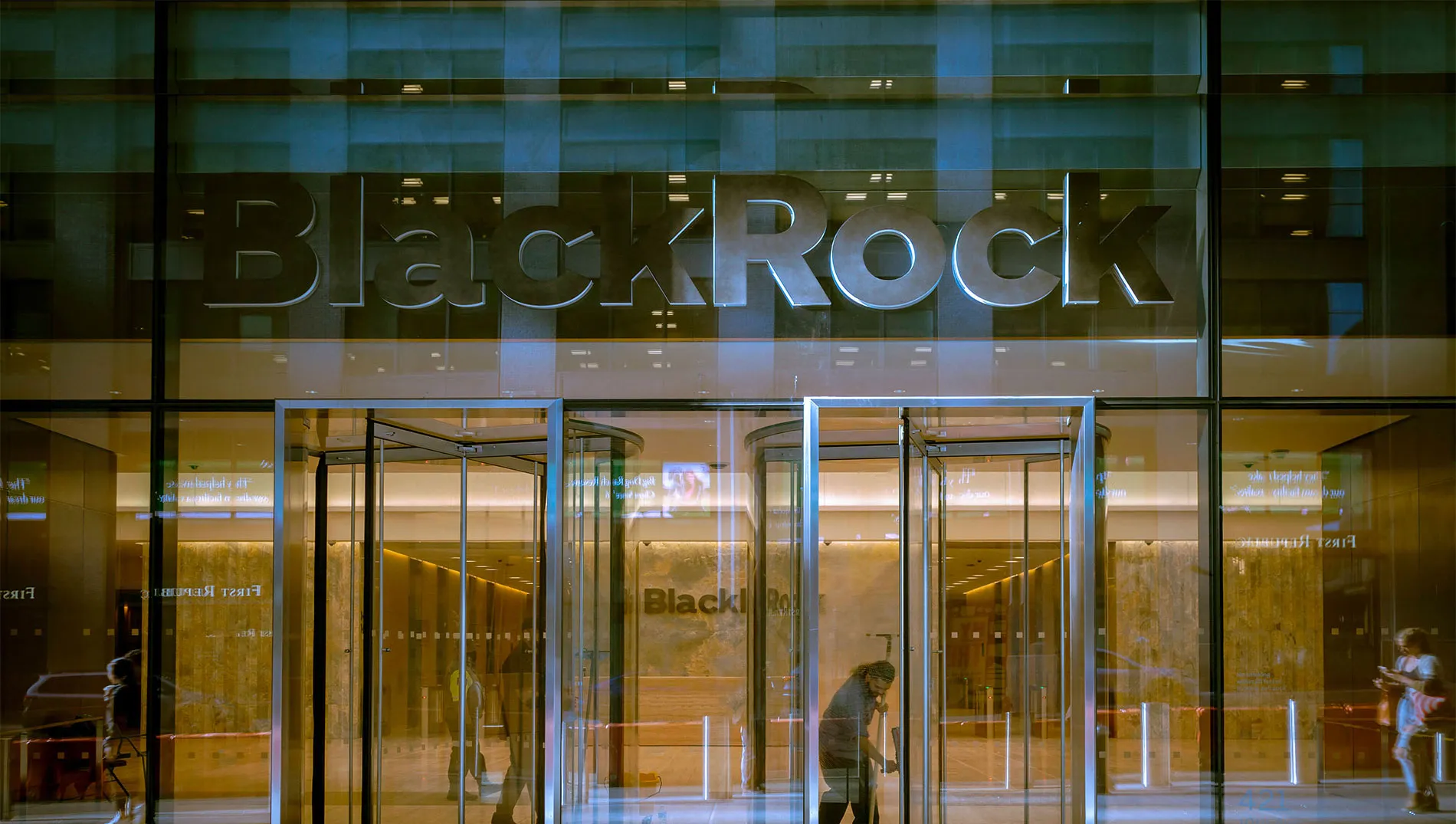ESG assigns numerical scores to company and country performance in the environment, social and governance areas. Trillions of dollars have been poured into ESG-funds, especially by the Big Three who have profited greatly. The backlash against ESG and its investment ideology amongst CEOs, CFOs, experts and rating agencies is growing. Studies, researchers and analysts give the ESG scorecard the thumbs down.
Diana Mautner Markhof, 12 January 2023
German version | Spanish version
Sam Bankman-Fried aka SBF, a fraud and felon who embezzled billions of investor money through his crypto-exchange FTX, was a flagship proponent of ESG and its investment ideology. The MSM, the liberal elite and Wall Street called him the next J.P. Morgan, praising his model for “efficient altruism”. SBF was no J.P.Morgan and ESG is no model for efficient or capital investment.
ESG assigns numerical scores to companies and even countries performance in the environment, social and governance areas. For many, the numerical scores used in ESG ratings are arbitrary. For others, ESG has all the correct signals: green, woke and inclusive.
The term ESG first appeared in the 1960s to dissuade investors from investing in industries in apartheid South Africa. Today, ESG is used widely to promote the incorporation of ethical and social factors when making investment decisions. No longer should a company be judged on its balance sheet, but on its socially inclusive non-financial policies and green agenda. But in fact, stakeholder interests have been incorporated into the investment strategies of many companies long before ESG.
Many mutual funds and brokerage firms now offer investment products that use ESG guidelines. Trillions of dollars have poured into ESG investments and Bloomberg Intelligence predicts that by 2025 one-third of all globally-managed assets, totaling more than USD 50 trillion, will carry the ESG stamp of approval. According to a 2021 Governance and Accountability Institute report, more than 90% of S&P 500 companies and 70% of Russell 1000 companies provide ESG reports.
Yet trouble is brewing for these boardroom social warriors and green activists. A growing number of US states are pulling their money from ESG funds. On 1 December, Florida was the latest state to pull USD 2 billion from BlackRock. The Orange State is the fourth state to make this move and the biggest state divestment from BlackRock. Florida CFO Jimmy Patronis accused BlackRock of sidelining investor return in favor of ESG investment policies.
James Mackintosh of the Wall Street Journal (WSJ), in his January 2022 piece, convincingly argued that ESG investments cannot do good and do well at the same time. Green bonds, which are in high demand, are a prime example of this. Green bonds are bonds where governments or companies promise to spend a part of the proceeds on an environmentally worthy cause. More green bonds were sold in 2021 than ever before. Global issuance in 2022 is forecast at USD 900 billion (an increase of 61%) by PNB Paribas. According to Mackintosh, the claim that investors will make more money is “patently absurd”.
The Harvard Business Review published an article titled ‘An inconvenient Truth About ESG Investing’ by Sanjai Banghat on 31 March 2022. Banghat came to the conclusion that “funds investing in companies that publicly embrace ESG sacrifice financial returns without gaining much, if anything, in terms of actually furthering ESG interests.” He refers to a recent paper by Ryan Flugum of the University of Northern Iowa and Matthew Southern of the University of South Carolina which analyzed the connection between managers who underperformed while publicly emphasizing the ESG focus in their report and managers who exceed earnings expectations who rarely mention ESG is in their public statements. Sustainable fund managers rely on these reports and invest in the under-performing company.
These findings were confirmed by the University of Chicago Journal of Finance which published a study in which researchers analyzed the Morningstar sustainability ratings of over 20 000 mutual funds representing invested capital of over USD 8 trillion. The study came to the conclusion that the (overcapitalized) highest ESG-rated funds never outperformed the lowest-rated (undercapitalized) funds. The so-called high-rated ESG funds also did not excel on ESG performance. These results were in turn confirmed by researchers at Columbia University and the London School of Economics, who compared companies in 147 ESG portfolios with companies in 2428 non-ESG portfolios. The conclusion: companies in the ESG portfolios (and those added subsequently) had a worse compliance record for both labor and environmental regulations.
What applies to companies seemingly also applies to nations. A look at top ESG nation scores shows that many of the countries with the highest ESG scores are the poorest developing nations with the highest risk of famine. Haiti and Mauritania have an ESG score of 99.7, Yemen 99.6 (index data world economics research). According to Moody’s, about 60% of developing countries’ sovereign credit ratings are currently negatively affected by ESG. A June 2022 report by Intellindex confirmed that ESG diverts capital flows away from developing markets, which are perceived to have social and governance flaws. Sri Lanka, had an almost perfect ESG rating of 98.1 on a scale of 100. The country was forced to declare bankruptcy in July 2022. Its government was unable to purchase adequate supplies of fuel and food for its population. Paradoxically, the US has a score just over 58.
Even more disturbing is the conclusion of an investigation, Myanmar ESG Files: How “responsible investment” is enabling a military dictatorship, by Inclusive Development International and ALTSEAN-Burma published in September 2022. This report concluded that billions invested into ESG-labeled funds ultimately finance companies which fund and legitimize military dictatorships, such as Myanmar’s.
Yet some rich market players have made it their mission to spearhead woke-capitalist ideology aka ESG. One prime example is Norway and its sovereign wealth fund which invests according to ESG principles The fund has voted against entire corporate boards which do not agree with its ESG demands. Norway’s sovereign wealth Fund is one of the world’s largest shareholders, owning the equivalent of c. 1.5% of every listed company. It sees ESG investment as a necessary balance to fossil fuel investments (where all its wealth comes from). Despite the largest dollar loss in its history (14.4%) in 2021, Nicolai Tangen, head of Norway’s USD 1.2 trillion fund, stated in a Financial Times interview in September 2022 that “we must not forget decarbonization in this environment.”
In November 2022, the US Securities and Exchange Commission (SEC) charged Goldman Sachs Asset Management with not following ESG principles and fined them USD 4 million. Goldman has paid this fine. It was not the first bank to be punished for this, but it was the highest fine the SEC has so far handed down in such cases.
Are investment managers breaking fiduciary duties towards investors by advocating ESG agendas? The SEC stated in its ruling that Goldman Sach’s asset-management unit “had several policies and procedures failures involving the ESG research its investment teams used to select and monitor securities”.
Three of the largest US investment houses (Blackrock, Vanguard and State Street aka the Big Three) are using their market power to push corporations to follow the ESG agenda. Through their management of passive investments, the Big Three collectively hold the largest voting blocks of most S&P 500 companies and also control the majority of exchange-traded funds in various markets. Their zealous ESG crusade is now being questioned by government regulators, law enforcement and consumer/investor protection groups.
In an August 4 letter to Blackrock CEO, Larry Fink, nineteen US state attorneys general pointed out that Blackrock’s ESG advocacy goes against its legal fiduciary duties to investors. The letter of the state attorneys general questioned the ‘coordinated conduct’ by the Big Three of demonizing and demonetizing the oil and gas industry and other so-called ‘dirty’ industries. This letter also raised potential anti-trust issues stating that the Big Three hurt investors and the economy by (mis)using their market dominance in passive investment funds. Some have called for the breakup of their dominant market position using the Clayton Act. The US Clayton Antitrust Act of 1914 defines unethical business practices including price fixing and monopolies, as well as enforcement schemes and remedial measures.
UBS has downgraded BlackRock to a neutral rating based also on the firm’s ESG positioning and the possibility of continued losses of client money. One factor for downgrading ESG investment funds are the increased fees which investment banks charge their clients – a whopping 43 percent higher fees than conventional investment funds. At the end of the day, only the investment banks profit, while companies and investors, as well as the economy, suffer.
Investors are catching on that what looks too good to be true, likely is too good to be true. One asset management company is swimming against the ESG-stream: Strive Asset Management, founded in 2022. In mid-November the company announced that the total assets under management surpassed $500 million – three months after the launch of its first fund. Strive Asset Management has filed for four additional equity ETFs with US regulators.
So reality shows that it is possible for companies to do well by doing good, if one defines doing well in real business/economic terms for the shareholder/stakeholder and not in terms of demands imposed by ESG ideology.







